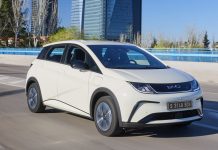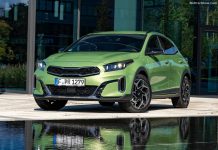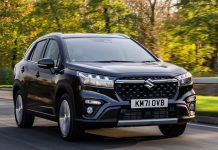Myanmar Vehicles Industry is fast growing in 2024. Large incentives to EV and the ban to ICE models moved the market to the collapse, but now it is recovering with YTD 2024 sales up 34.7%.
Market Trend and Outlook
According to the report, Challenges amid conflict, Myanmar’s economy was projected to grow by just 1% over the year to March 2024. Cause of the conflict has escalated across much of Myanmar since October, leading to the displacement of an estimated half a million people, disrupting key overland trade routes and increasing logistics costs.
Even if conflict does not escalate further, growth is expected to remain subdued over the rest of 2024 and into 2025 given a broad-based slowdown across productive sectors including agriculture, manufacturing, and trade. The size of Myanmar’s economy remains around 10% lower than it was in 2019, leaving it the only economy in East Asia that has not returned to pre-pandemic levels of economic activity.
Consumer prices rose by almost 29% in the 12 months ending in June this year, and the more recent drop in the value of the kyat and escalation in conflict have led to further price rises in the months since. Household incomes continue to be severely strained.
As far as regards the automotive sector, the military team decided in mid 2022 to ban the ICE models to support the fast introduction of electric vehicles, thanks to the “good relations” with Chinese government.
The immediate effect was to dramatically drop down the market penalizing the company which had invested to produce locally, like Suzuki and Toyota. In a second step, started in the second half 2023, the sales of electric vehicles – all imported from China – started to grew up, revitalizing the market.
The number of electric vehicles in Myanmar has increased more than sixfold in a year as the military regime exempts EVs from tariffs and imposes an import ban against gasoline-powered autos.
New EV showrooms have sprung up in the economic capital of Yangon. Some sell Chinese brands such BYD, Neta, MG, while others are empty except for signs that simply say “EV.” Ushering in this change is a provision that went into effect on Feb. 1 that added a requirement to have a showroom when importing EVs.
About 85 companies now hold licenses for EV-related businesses, according to the regime’s steering committee on national EV development. Showrooms without brand names represent operators preparing to enter the EV industry.
Despite these problems and the market predictions, the market is slightly up 6.9% after the year’s first quarter. Accumulating 8,120 registrations.
The 3 market leaders are BYD in first with 328 sales, holding 36.4% market share. Close behind are MG and Neta with a respective 22.8% and 17.7% market share.











